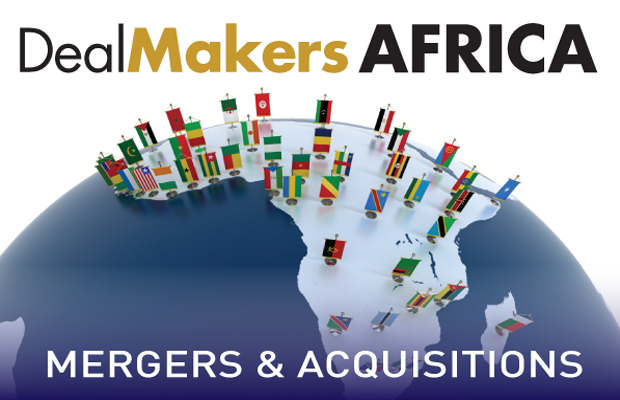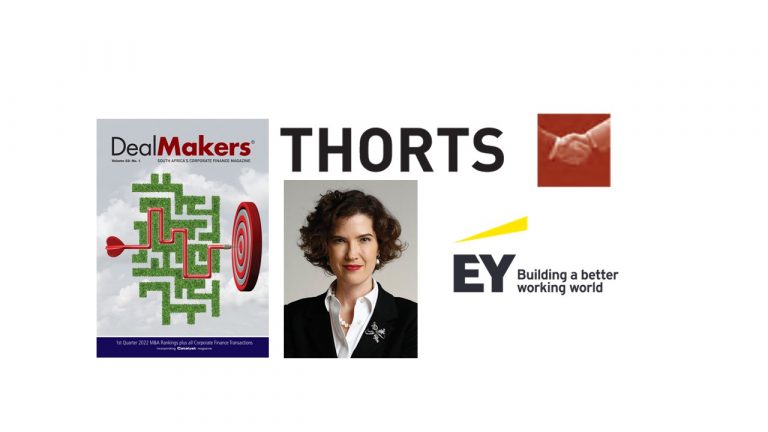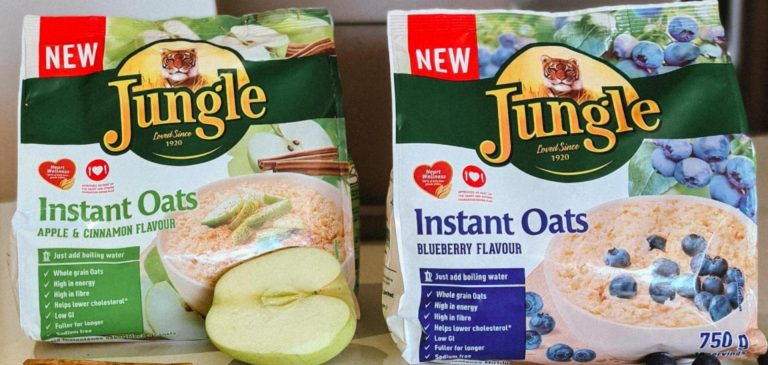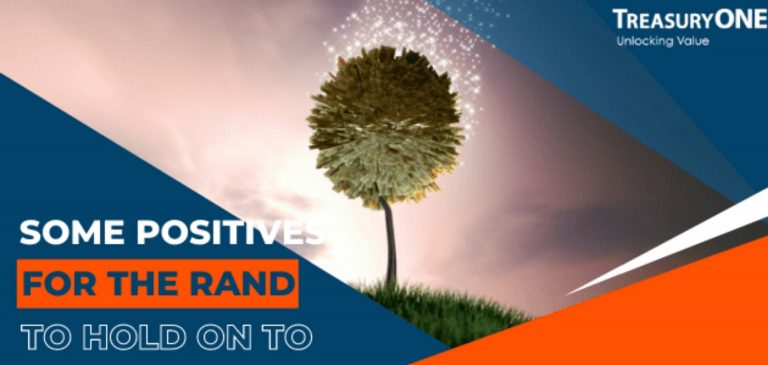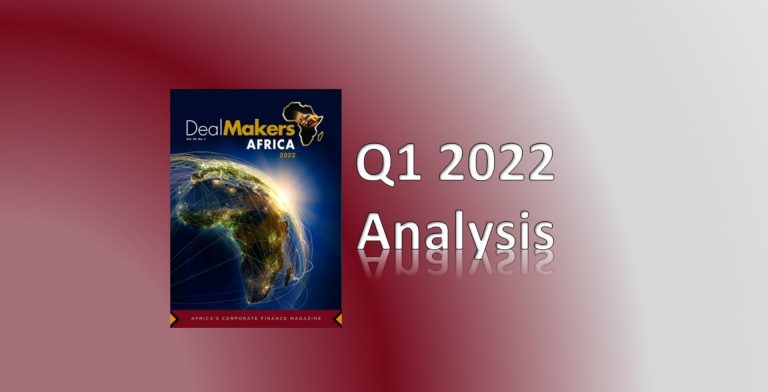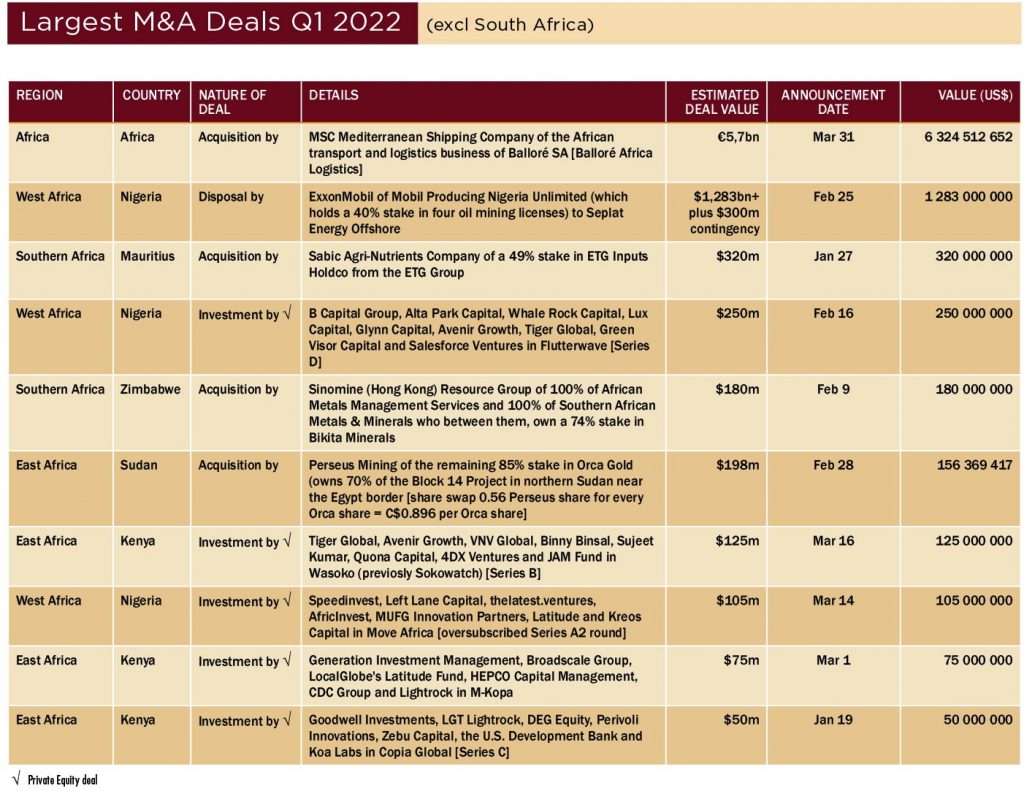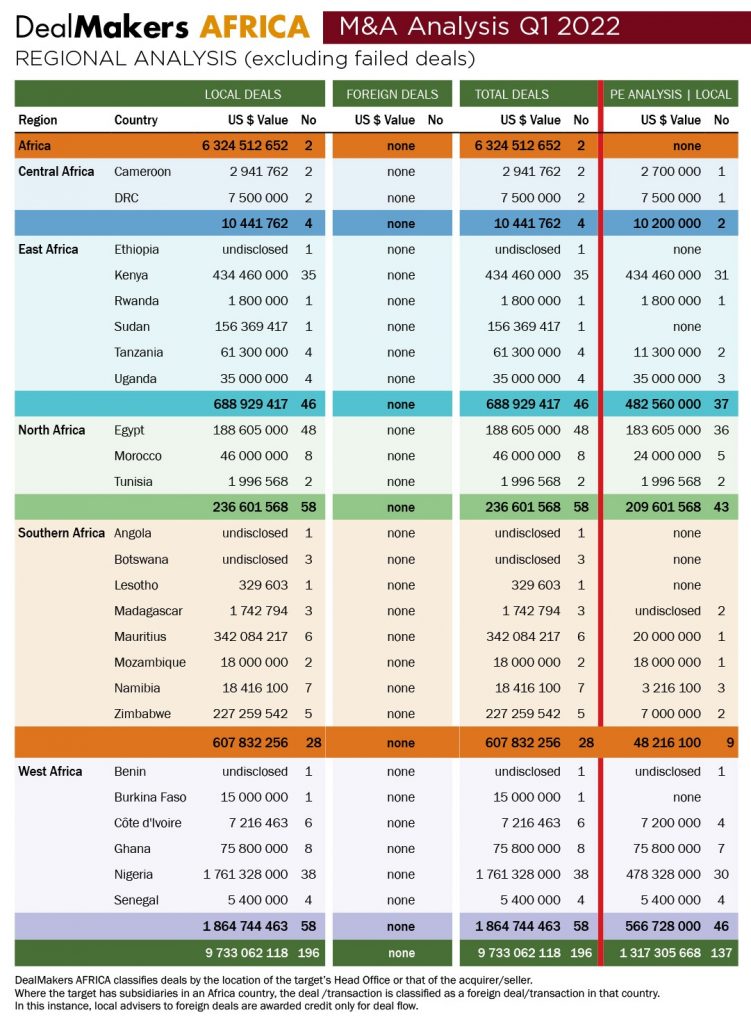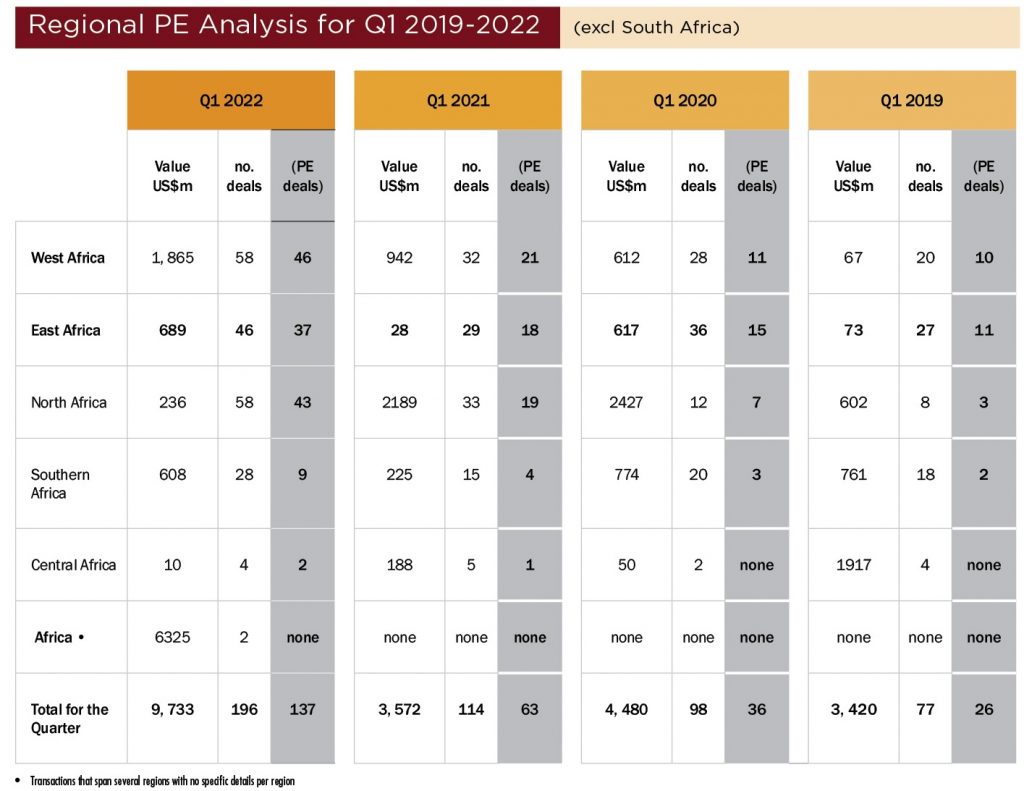Marylou Greig
DealMakers AFRICA
Jabu, the Namibian B2B e-commerce retail platform, has raised $15m in a Series A round led by Tiger Global. Other investors include Box Group, Knollwood, D Global Ventures, Afore Capital, Oldslip and FJ Labs. This latest investment will be used to strengthen its position in Southern Africa and expand into new markets like Botswana and Eswatini later this year.
Development Partners International (DPI) is to take a minority stake in Groupe Cofina, a high-growth financial services business headquartered in Abidjan, Côte d’Ivoire. The €60 million investment will be used by Groupe Cofina to establish itself as a regional leader in bridging the gap between microfinance and traditional institutional financing across West and Central Africa.
ASX-listed mineral exploration company Tyranna Resources, is to acquire an 80% of the issued capital and 100% of the issued options in Angolan Minerals from current shareholders via a mix of consideration shares, options and performance shares.
Ibnsina Pharma, listed on the Egyptian Stock Exchange, is to acquire El Shorouk Hospital for a total consideration of EGP430 million. The acquisition includes the hospital’s real estate and operational assets. The 105-bed hospital is located in an underserved geographical area serving residences of El Shorouk city and neighbouring areas.
Education management firm Egypt Education Platform is to acquire a majority stake in Montessori preschool chains Trillium and Petals. The acquisition compliments EEP’s overall education offering of scalable formats across different geographies, catering for different income segments. Financial details were undisclosed.
Bannerman Energy, a uranium development company listed on the Australian, OTC Markets and Namibian stock exchanges, is to acquire a 41.8% stake in TSX Venture Exchange-listed critical minerals exploration and development business Namibia Critical Metals (NMI). NMI owns a 95% stake in Lofdal Heavy Rare Earths Project in Namibia. PhilCo 192 and Adventure Resources will receive A$7,24 million in cash and 8,46 million Bannerman Energy shares for the stake.
East African private equity firm Ascent Capital has announced the acquisition, via its Ascent Rift Valley Fund II, of an equity stake in Valley Hospital. The 72-bed hospital, located in Nakuru City, Kenya offers quality and affordable medical services to the community.
BG International, a subsidiary of Shell plc, has signed a farm out agreement with ExxonMobil Egypt, to acquire 100% stake in the ExxonMobile-operated North East El-Amriya Offshore Concession in the Mediterranean Sea.
Spear Capital the South African-based private equity firm is to make a further investment in Arkay Plastics. The Malawian manufacturer of high quality, injection-moulded plastic goods for home and industrial use is a regional exporter and innovator in the use of recycled plastic. The funds will be used to scale the business into new territories.
Rome Resources, a Canadian-based mining and mineral exploration company, has reached an agreement to acquire majority interests in two properties situated in the North Kivu Province in eastern Democratic Republic of Congo. The two contiguous properties adjoin the northern boundary of the tenements held by Alphamin Resources and referred to as the Bisie North Tin Project.
Egypt-based healthtech startup Esaal has raised US$1,7 million in a seed round from existing backer A15. The platform, which provides online health and wellness consultations in the MENA region, will use the investment to scale its expansion across the region and to further invest in product and brand development.
Sylndr, an Egyptian automotive marketplace based in Cairo, has raised US$1,2 million in pre-seed funding in a round led by RAED Ventures. Other participants include Algebra Ventures, Nuwa Capital, Global Founders Capital and regional and international angel investors. Sylndr, which provides a platform for the sale and acquisition of used cars, will use the funds to scale its marketplace.
Aquaculture startup Victory Farms has raised US$5 million in a new funding round. The Kenya-based company which farms tilapia fish servicing some 54 retail outlets, will use the funding to scale the business into Rwanda, DRC and Tanzania.
Blink Pharma, a B2B marketplace for managing transactions between healthcare professionals, has completed its first round with the Azur Innovation Fund Investment Fund, a Moroccan seed fund. The investment will be used to finance the development of its activities, including the launch of new products for the healthcare sector.
DealMakers AFRICA is the Continent’s M&A publication
www.dealmakersafrica.com

